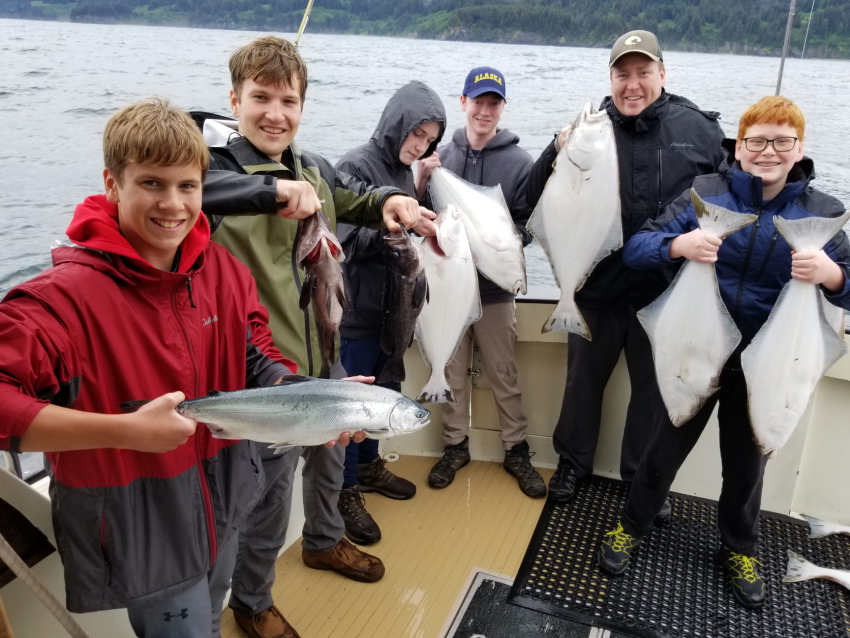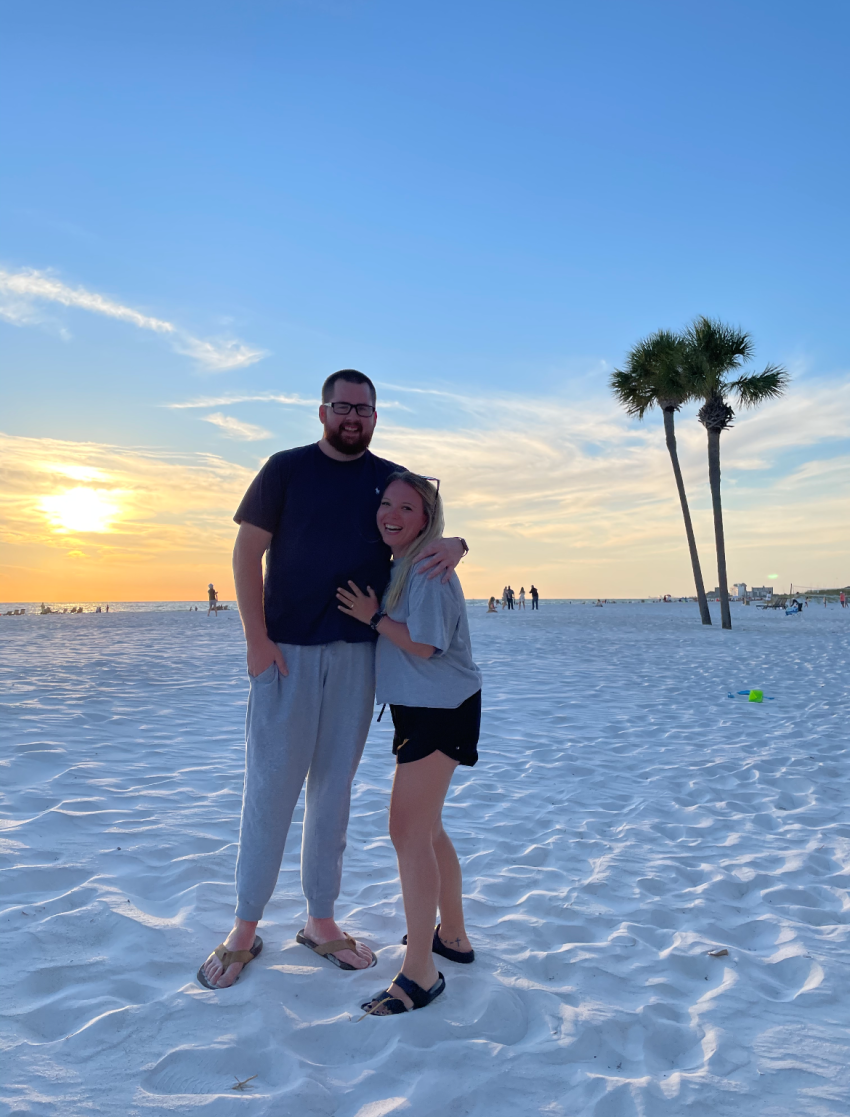Investor360 Security Enhancement:
Multifactor Authentication Required
Information security is a top priority for us, and it is our mission to do everything we can to protect your information. To create a more secure login process in Investor360°, multifactor authentication will be required for all users (mobile and desktop platforms) beginning September 9, 2021.
What Does This Mean?
When you log in, you will be asked to set up multifactor authentication, which requires you to enter a code that is texted or emailed to you. You will need to do this up to once per month when you login to verify your identity in Investor360°. A set of instructions will appear on your desktop or mobile device screen to assist you with the setup process.
Please note:
The web address for Investor360° has also been updated from “.net” to “.com.” Although you should be automatically redirected if you go to http://investor360.net, we recommend all clients change their bookmarked links to www.investor360.com.
If you have any questions , please give us a call at 610-421-8777.
Market Update
A lot has happened in the last 18 months to create the environment we are in today. The economy is still recovering from a global recession caused by the pandemic. We are seeing global stock markets performing well, with U.S. markets leading the way. Interest rates remain at historic lows as central banks and governments around the world provide support by injecting money into the economy.
This year, the United States plans to spend 6.8 trillion dollars – so far. The problem is, the government is only scheduled to bring in 3.8 trillion in revenue. This is like a household earning $100,000 putting together a budget to spend $178,571 - yikes! So, the government has to borrow money by selling bonds (IOUs) to investors.

There doesn’t seem to be enough global demand to buy all of the bonds the government needs to sell without interest rates spiking. So, the U.S.'s Federal Reserve Bank has been buying roughly $120 billion worth of government bonds each month. When the Fed intervenes in the market and buys bonds, their presence results in artificially high demand which keeps interest rates low. If/when the Fed steps away, assuming the need to borrow is the same, investors will likely require a higher rate of return, pushing interest rates up, which makes the government’s income/expense problem worse (more money required to pay for the interest on their borrowing).
The Fed intervening is nothing new, but we are now at a point where the government’s debt as compared to the country’s production (Debt/GDP) is now at the highest it has been since the end of World War II. You could think of Debt/GDP like your personal debt as compared to your annual income. The higher this number gets the riskier it is for the lender (investors, foreign governments, pension plans) which also puts upward pressure on interest rates. The Fed’s objective is to keep unemployment low and inflation around 2% per year. The Fed has stated that they are prioritizing unemployment over inflation and are willing to let inflation run a little hot to get back to full employment. The thought is that if money is cheap, businesses will spend money to grow and hire more people which will ultimately result in more revenue to help with the income/expense problem. Currently, the unemployment rate is around 5.4% after spiking to 14.8% at the height of COVID. Pre-pandemic, the unemployment rate was down to 3.5%.
We are not alone in the U.S., as investors everywhere are dealing with low real interest rates. Real yields (interest rates after inflation) are negative just about everywhere. The latest inflation reading (August 2021) showed an annual increase of 5.3%. So, if inflation is 5.3% and you own a 10-year government bond that pays you 1.35%, you are losing approximately 3.95% of purchasing power each year.
This dilemma is forcing investors to increase their investments in risky assets (stocks, real estate, commodities) to avoid losing value over time. Volatility (a measure of the ups and downs of the market) has been low as cash on the sidelines has run into the market each time we have experienced a slight dip in asset prices. Since 1980, the stock market typically decreases by at least 14% at some point during the year. So far in 2021, the largest decline we have seen is a 4% drop.

The tremendous amount of support provided by the Fed and the U.S. government (there are bills in Congress that propose $1 trillion in infrastructure spending, and another spending bill of up to $3.5 trillion) combined with a strong consumer has helped stock prices rise and has made stocks appear expensive relative to their earnings on a historical basis. The good news is companies are reporting solid earnings and analysts expect earnings to rise by around 34% this year. As earnings increase faster than stock price growth, valuations should decline to more normal levels, but the risk of a "normal" correction of 10-15%+ is always a part of stock market investing.
So what does this mean going forward? Why would you invest in bonds with a negative real rate of return when you can invest in the stock market that has been rising by roughly 18% per year over the last 3 years? At these prices/valuations, markets are more prone to loss with bad results/economic surprises to the downside. If we don’t have those, it is likely markets will continue to perform well. We believe it is important to maintain discipline and not get too aggressive in our allocation even though the environment might tempt us to do so. We have made a few adjustments across our portfolios recently that should allow our conservative portfolios to keep up with inflation while interest rates are low but without significantly increasing risk.
As always, please reach out to us if you have questions or if you’d like to discuss your portfolio outside of your normally scheduled review.
Milestone News
We hope you've had a great summer! Here is what we've been up to!



Dave, Tiffany, and their boys visited Alaska in July and had a great time! Dave's oldest son Ben, received his Eagle Scout rank in August.

Justin and Steph celebrated their 10 year wedding anniversary in Cape May this summer!

Ellie started Kindergarten in August and Emma spent most of the summer playing on her swing set.



Reta and her family, including granddaughter Lark, enjoyed a long weekend in Fell's Point, Baltimore, Maryland.

Back to school for Leslee's girls! Alana is a senior this year and Breanne is in 8th grade.

Tyler and his fiancé Alexis vacationed in St. Pete's Beach, FL. They
are getting married this October!

Diane and her family enjoyed a bunch of time on the water this summer!


.
Sam also spent some time water skiing with Diane and took Richard Hand's sons fishing.
Thank you again for your continued confidence and have a great rest of the year!